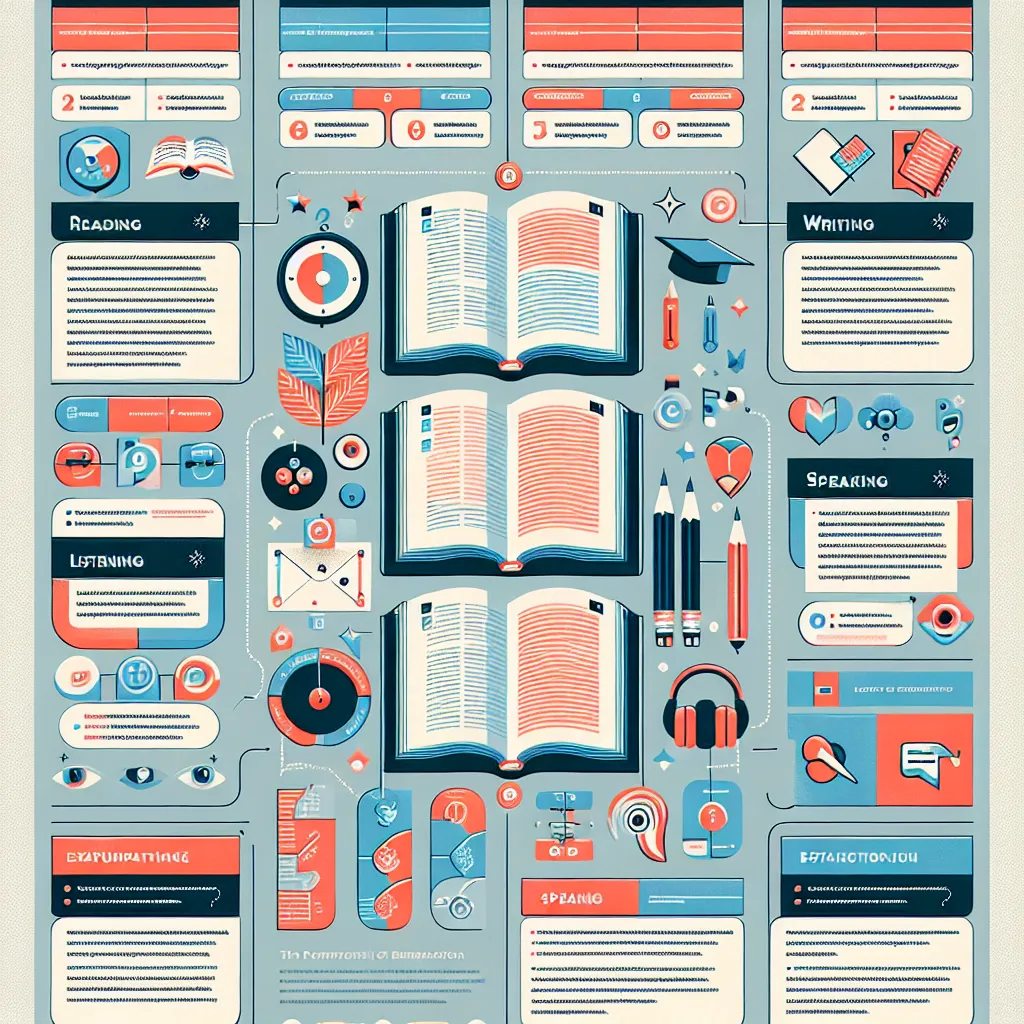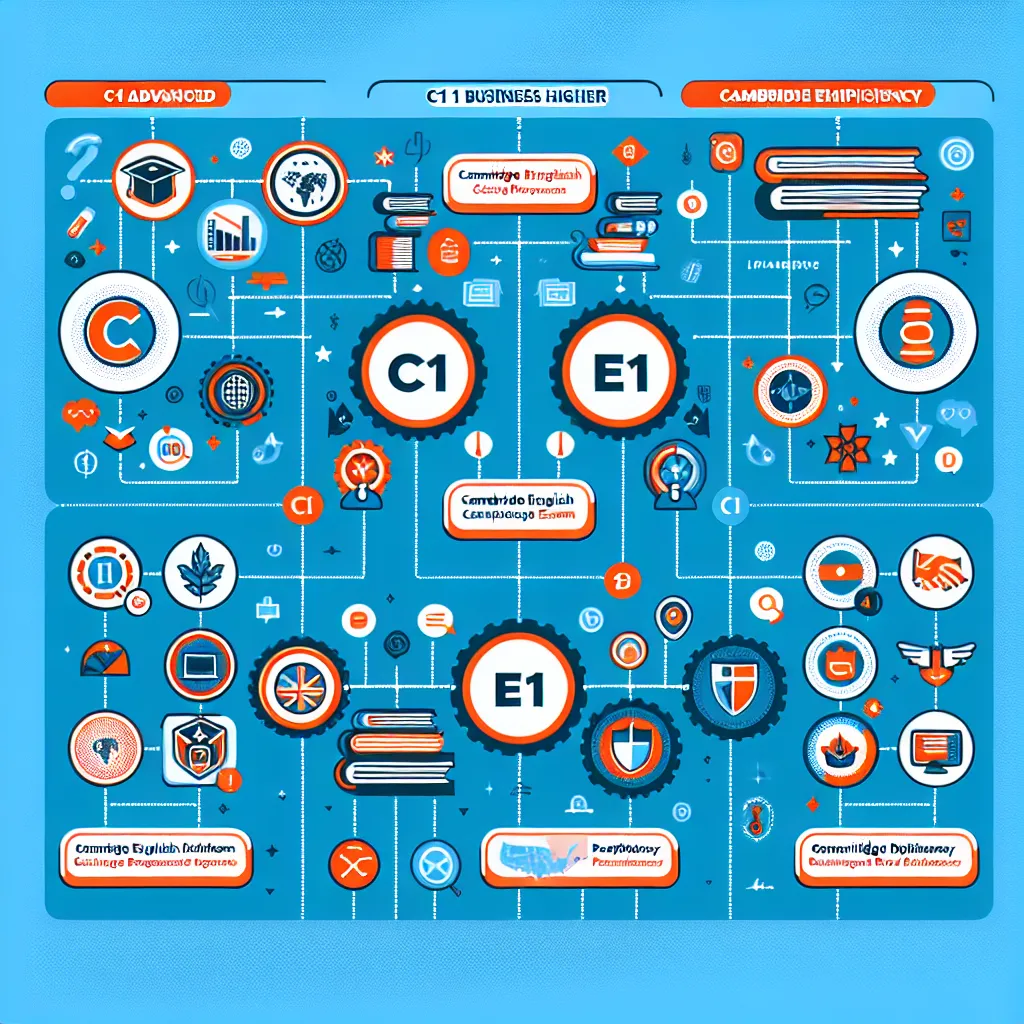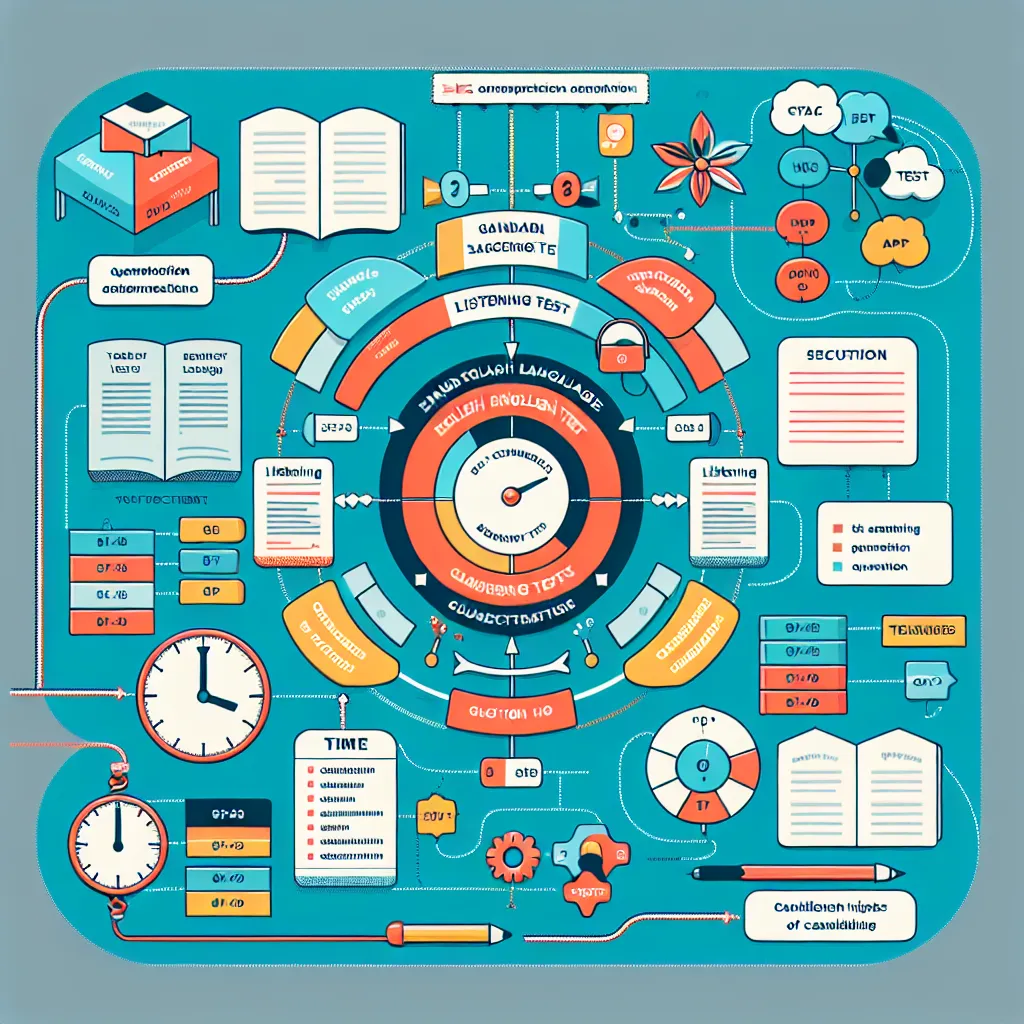Are you preparing for the Cambridge English exams and aiming to excel in the Writing Task 2? Look no further! This comprehensive guide will provide you with expert tips, strategies, and insights to help you achieve a high score in this crucial part of the exam. Whether you’re taking the B2 First (FCE), C1 Advanced (CAE), or C2 Proficiency (CPE), these techniques will boost your performance and confidence.
Understanding Cambridge Writing Task 2
Before diving into the strategies, it’s essential to understand what Cambridge Writing Task 2 entails. This task typically requires you to write an essay, article, letter, or report, depending on the exam level. Your response should be well-structured, coherent, and demonstrate your ability to use a wide range of vocabulary and grammatical structures accurately.
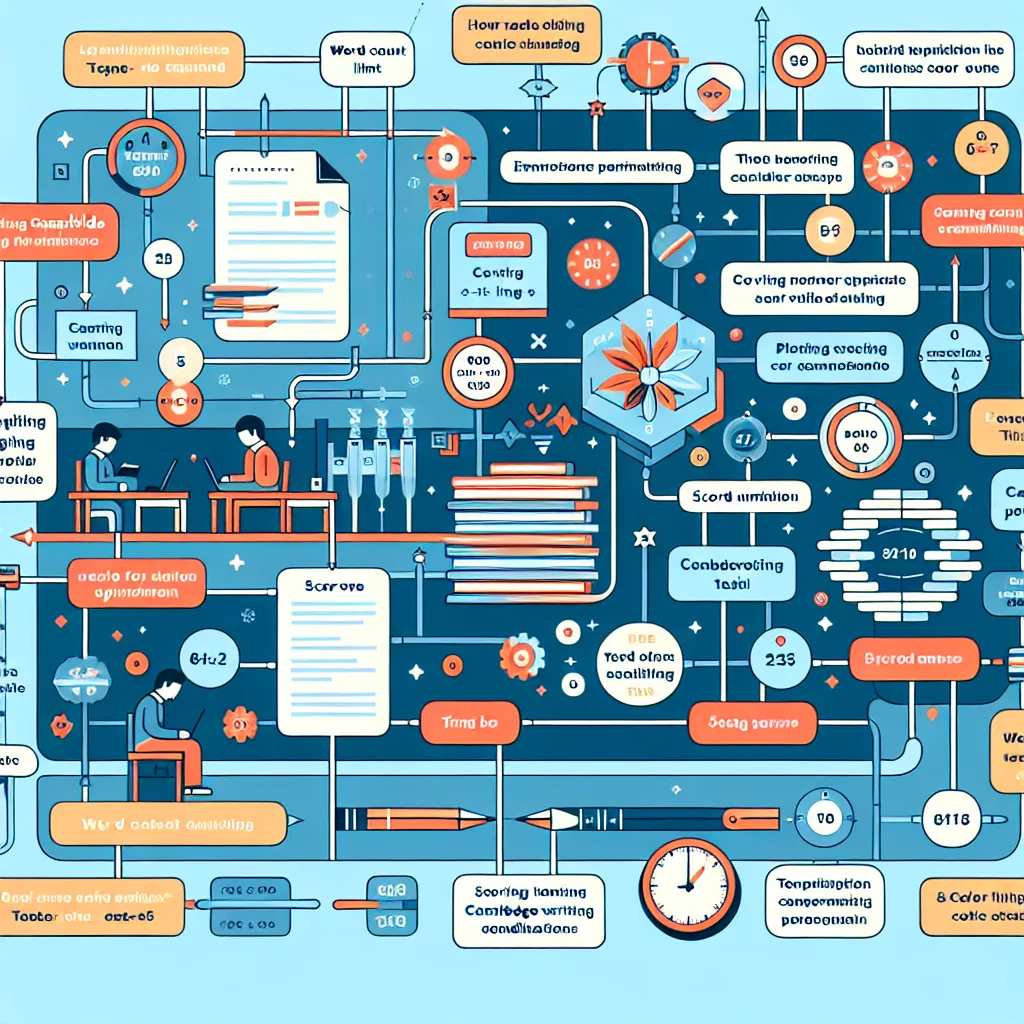 Cambridge Writing Task 2 Overview
Cambridge Writing Task 2 Overview
Key Strategies for Success
1. Analyze the Task Carefully
The first step to success is thoroughly understanding what the task is asking you to do. Pay close attention to:
- The type of text you need to produce (essay, article, letter, report)
- The target audience
- The main topic or question to address
- Any specific points you need to include
Take a few minutes to underline key words in the task and brainstorm ideas before you start writing.
2. Plan Your Response
A well-structured response is crucial for a high score. Spend 5-10 minutes planning:
- Create an outline with clear paragraphs
- Decide on your main ideas and supporting points
- Ensure a logical flow of ideas
Remember, a good plan will save you time and help you write a more coherent piece.
3. Use a Range of Vocabulary
Examiners are looking for candidates who can demonstrate a wide vocabulary range. To improve your score:
- Use synonyms and paraphrasing to avoid repetition
- Incorporate topic-specific vocabulary
- Include idiomatic expressions where appropriate
- Use less common words, but ensure you use them correctly
4. Showcase Advanced Grammar Structures
To achieve a high score, you need to demonstrate your ability to use complex grammatical structures accurately. Try to include:
- A variety of tenses
- Conditional sentences
- Passive voice
- Relative clauses
- Participle clauses
However, remember that accuracy is just as important as range. Only use structures you’re confident with.
5. Develop Your Ideas Fully
Examiners are looking for well-developed ideas and arguments. To achieve this:
- Provide specific examples to support your points
- Explain your ideas in detail
- Consider different perspectives on the topic
- Use linking words and phrases to connect your ideas smoothly
6. Pay Attention to Cohesion and Coherence
A high-scoring response should flow logically and be easy to follow. Enhance your cohesion and coherence by:
- Using a variety of linking words and phrases
- Ensuring each paragraph has a clear topic sentence
- Creating smooth transitions between paragraphs
- Maintaining a consistent argument or viewpoint throughout
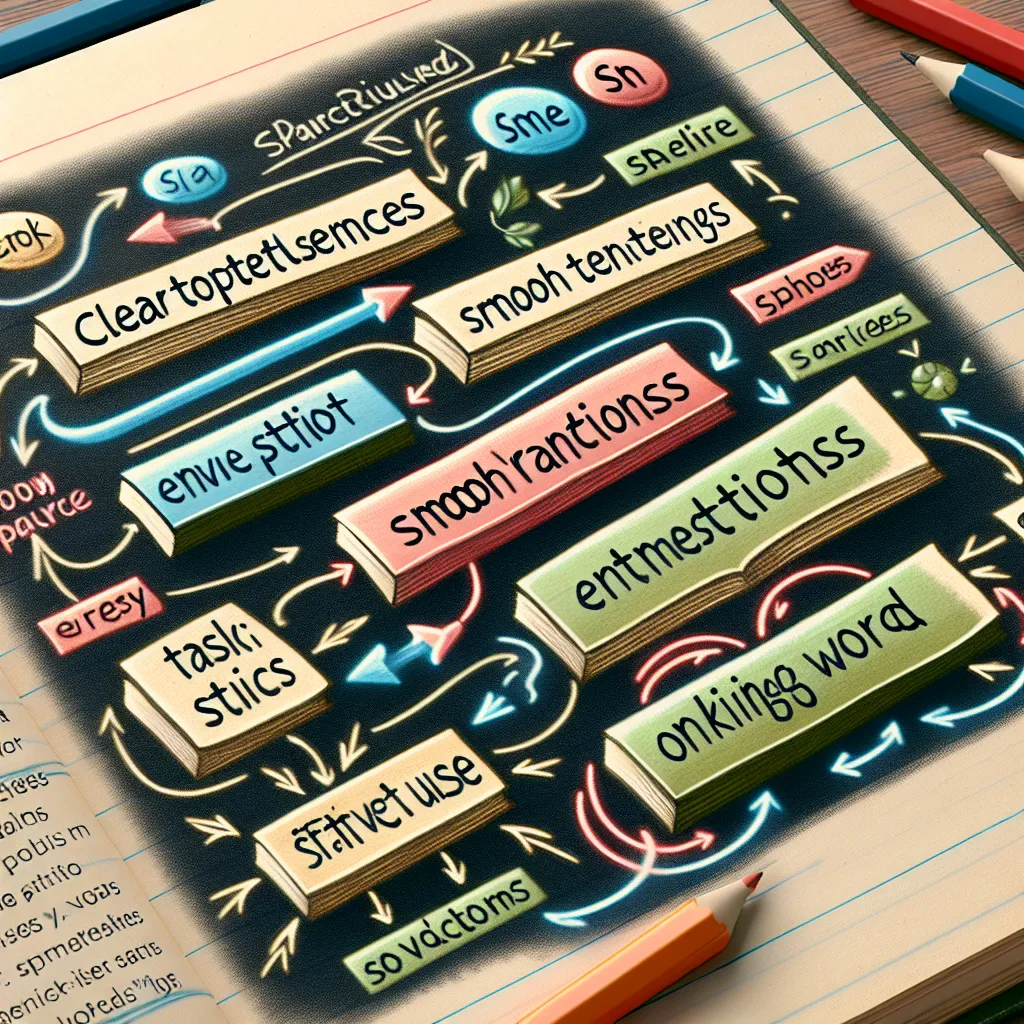 Cohesion and Coherence in Writing
Cohesion and Coherence in Writing
7. Address All Parts of the Task
It’s crucial to fully address all aspects of the task. Failing to do so can significantly impact your score. Make sure you:
- Cover all the points mentioned in the task
- Balance your response if there are multiple parts to address
- Stay relevant to the topic throughout your response
8. Manage Your Time Effectively
Time management is key to completing the task successfully. Here’s a suggested time breakdown for a 40-minute task:
- 5-10 minutes: Analyze the task and plan your response
- 25-30 minutes: Write your response
- 5 minutes: Review and edit your work
Practice timing yourself regularly to improve your speed and efficiency.
9. Edit and Proofread
Always leave time at the end to review your work. Look for:
- Spelling and punctuation errors
- Grammar mistakes
- Unclear or awkward phrasing
- Opportunities to improve vocabulary or sentence structure
Common Pitfalls to Avoid
To further boost your score, be aware of these common mistakes:
- Straying off-topic or including irrelevant information
- Writing too little (falling short of the word count)
- Using overly informal language or slang
- Neglecting to use paragraphs or poor paragraph structure
- Overusing simple sentence structures
- Failing to provide examples or support for your arguments
Next Steps for Improvement
Now that you’re equipped with these strategies, it’s time to put them into practice:
- Regularly practice writing timed responses to past exam questions
- Get feedback from a teacher or experienced exam taker
- Read sample high-scoring responses to understand what examiners are looking for
- Build your vocabulary by reading widely in English
- Study and practice using advanced grammar structures in context
Remember, consistent practice and reflection on your performance are key to improving your writing skills and achieving a high score in Cambridge Writing Task 2.
By following these expert tips and strategies, you’ll be well on your way to excelling in your Cambridge exam. Good luck with your preparation, and don’t hesitate to seek additional resources or guidance if needed. With dedication and the right approach, you can achieve the score you’re aiming for!
[internal_links]


